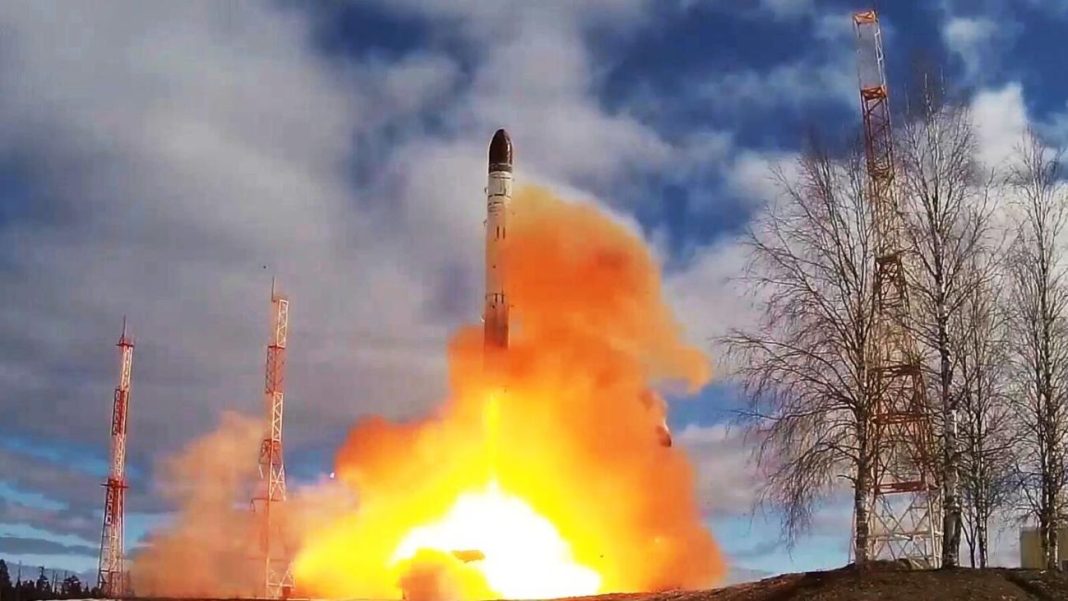Citing provisions in the document for “exceptional circumstances,” Russia claims Western sanctions have prevented its inspectors from performing their duties, thus giving their US counterparts an unfair advantage.
Once the principle of parity and equality is restored, the previous arrangements will resume, the statement added.
Moscow cited “anti-Russian unilateral restrictive measures” imposed by the US and its allies, such as visa restrictions on Russian inspectors and a ban on Russian aircraft in US and EU airspace. These restrictions effectively make Russian inspections under the treaty impossible, while the Americans “do not experience such difficulties.”
“The Russian Federation is now forced to resort to this measure as a result of Washington’s persistent desire to implicitly achieve a restart of inspection activities on conditions that do not take into account existing realities, create unilateral advantages for the United States and effectively deprive the Russian Federation of the right to carry out inspections on American soil,” the foreign ministry said.
Russia “raised this issue with the relevant countries, but did not receive an answer.” Until these problems are resolved, “it would be premature to resume inspection activities under the START Treaty, on which the American side insists.”
As justification for the measure, Moscow cited the relevant section of the treaty protocol that covers extraordinary circumstances. Washington has been officially informed through diplomatic channels.
“We would like to emphasize that the measures we have taken are temporary. Russia is fully committed to complying with all the provisions of the START Treaty, which in our eyes is the most important instrument for maintaining international security and stability,” the Russian Foreign Ministry noted.
As soon as the “existing problematic issues” are resolved, the inspections can resume again in full, according to Moscow.
The New Strategic Arms Reduction Treaty (known as New START) went into effect in 2011, and limits the number of nuclear warheads and their delivery vehicles that the US and Russia are allowed to possess. It is the only remaining arms control agreement between the two nuclear powers, after the US withdrawal from the INF and Open Skies treaties in recent years. New START almost expired before it was extended in February 2021, and is supposed to remain in effect until 2026.
Though US President Joe Biden said he had offered Russia talks on a new treaty, which would include China as well, Moscow announced last week that it had received only “declarative statements” and not concrete proposals
